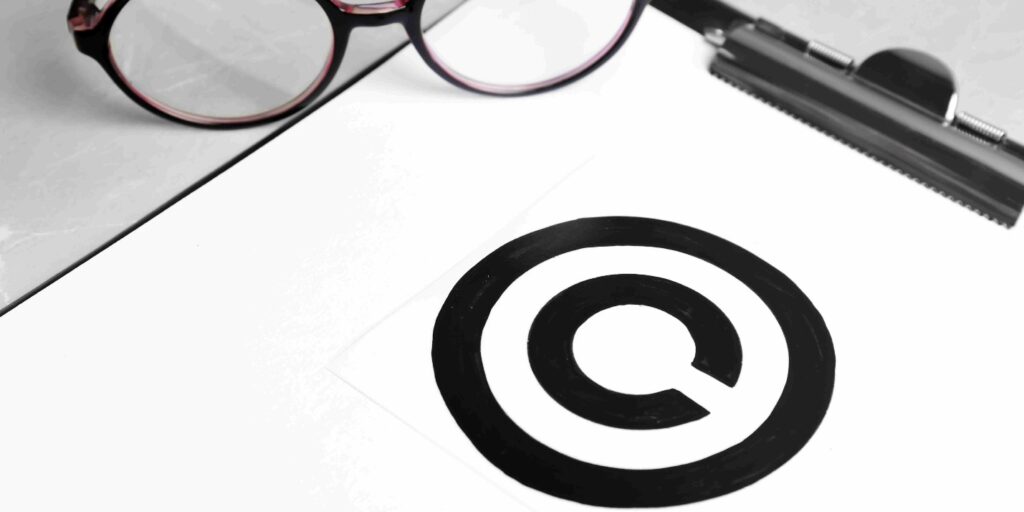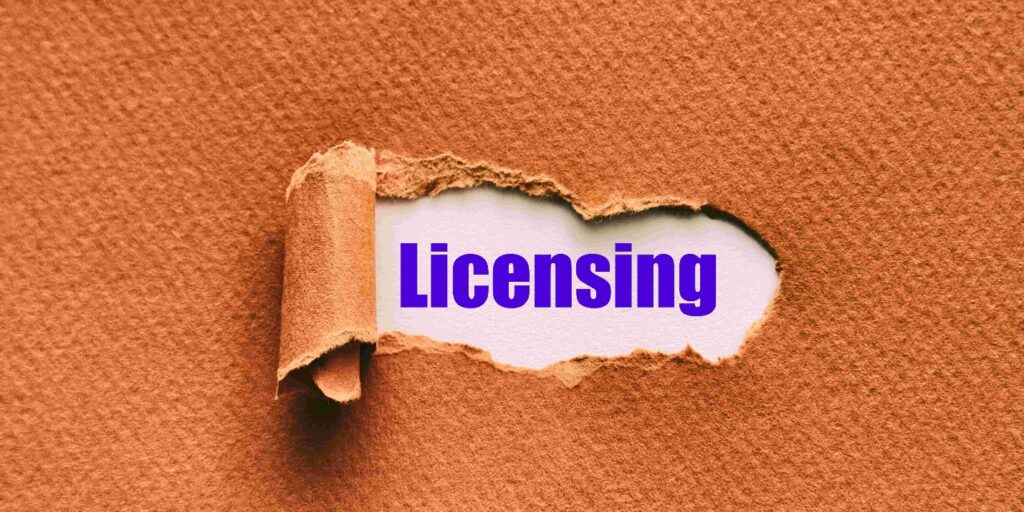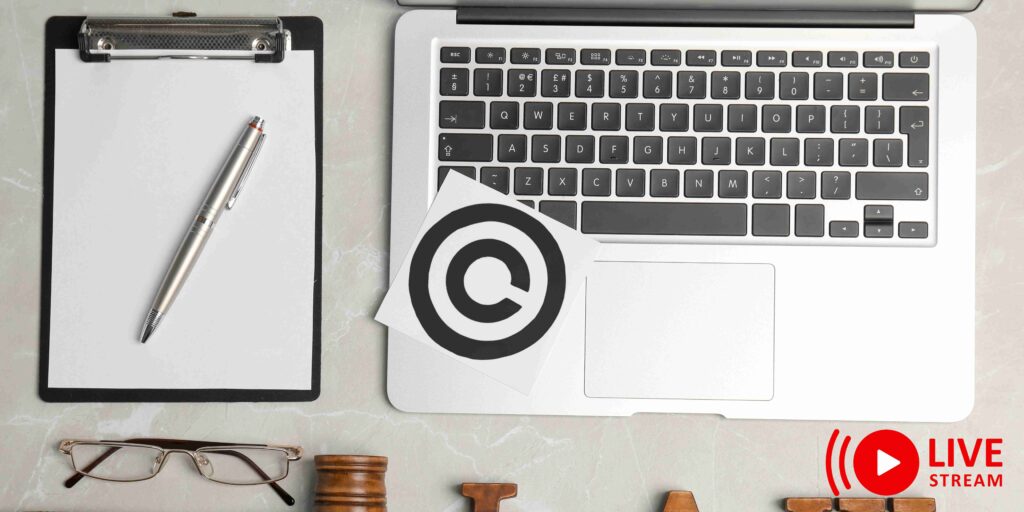Copyright is the legal protection given to original works of authorship, granting creators exclusive rights to their creations. This covers a broad spectrum of artistic endeavors, from music and literature to visual art and software. While copyright laws vary by country, they all share a common principle: unauthorized use of copyrighted material is a violation of the creator’s rights.
The Music Dilemma

One of the most common copyright challenges in live streaming events is music. Playing copyrighted music without proper licensing can lead to legal troubles. Here’s how to navigate the music minefield:
- Licensed Music: The safest approach is to use music that you have the rights to. This could be music you’ve created yourself or music from libraries that grant the necessary licenses.
- Public Domain: Music in the public domain is free to use without restriction. Ensure you verify the copyright status of any music you plan to use.
- Licensed Music Platforms: Streaming platforms like Twitch have deals with certain music providers, allowing you to use specific tracks without infringing copyrights.
- Obtain Licenses: If you want to use copyrighted music, obtain the appropriate licenses from the copyright holders. This often involves fees, but it ensures legal compliance.
Visual Art and Graphics
Visual elements, such as images and graphics, can also pose copyright challenges. Here’s how to stay on the right side of the law:
- Use Your Own Creations: Creating your graphics or images ensures you have full control over their use.
- Public Domain: Like music, some images are in the public domain and free to use. Check the copyright status before using them.
- Stock Images: Platforms like Shutterstock and Getty Images offer licensed images for various purposes. Ensure you have the right license for your intended use.
- Creative Commons: Some creators offer their work under Creative Commons licenses, which specify how the work can be used. Be sure to adhere to the license terms.
Streaming Platforms and Copyright Enforcement

Many streaming platforms have implemented copyright enforcement measures to protect the rights of creators. These measures can include automatic content recognition systems that detect copyrighted material and take actions such as muting audio or issuing takedown notices.
To avoid running afoul of these measures:
- Read Platform Policies: Familiarize yourself with the copyright policies of the streaming platform you’re using. Understand their rules and guidelines regarding copyrighted material.
- Use Royalty-Free Content: Whenever possible, use royalty-free music and visual assets to minimize the risk of copyright issues.
- Credit and Attribution: If you’re using content with permission or under a specific license, ensure you provide proper attribution as required.
Navigating Fair Use and Transformative Works
In some cases, you may want to use copyrighted material for purposes of commentary, criticism, or parody, which can fall under the doctrine of fair use. Fair use is a complex and often legally contentious issue. It’s essential to understand that not all uses of copyrighted material qualify as fair use, and it’s ultimately up to the courts to decide.
To navigate fair use and transformative works:
- Seek Legal Advice: If you’re unsure whether your use qualifies as fair use, consult with legal experts well-versed in copyright law.
- Provide Context: When using copyrighted material for commentary or criticism, provide context to demonstrate the transformative nature of your work.
- Attribution: If your use falls under fair use, provide clear attribution to the original creator.
The Importance of Licensing

When in doubt, seek proper licensing for copyrighted material. Licensing allows you to use someone else’s work legally, with clear terms and conditions. It’s an investment in your creative project that helps you avoid legal complications down the road.
Stay Informed and Adapt
Copyright laws are not set in stone; they evolve over time. Staying informed about changes in copyright laws and emerging best practices is essential for event organizers and content creators.
A Creative Balancing Act
Balancing the desire to entertain and inspire with the need to respect intellectual property rights is a challenging but necessary task.
Navigating copyright and licensing issues requires a combination of diligence, creativity, and a strong understanding of the legal landscape. By using licensed material, respecting fair use principles, and staying informed about copyright laws, event organizers and content creators can continue to innovate and inspire while staying on the right side of the law. It’s a creative balancing act that ensures everyone’s rights are respected in the vibrant world of live streaming events.

